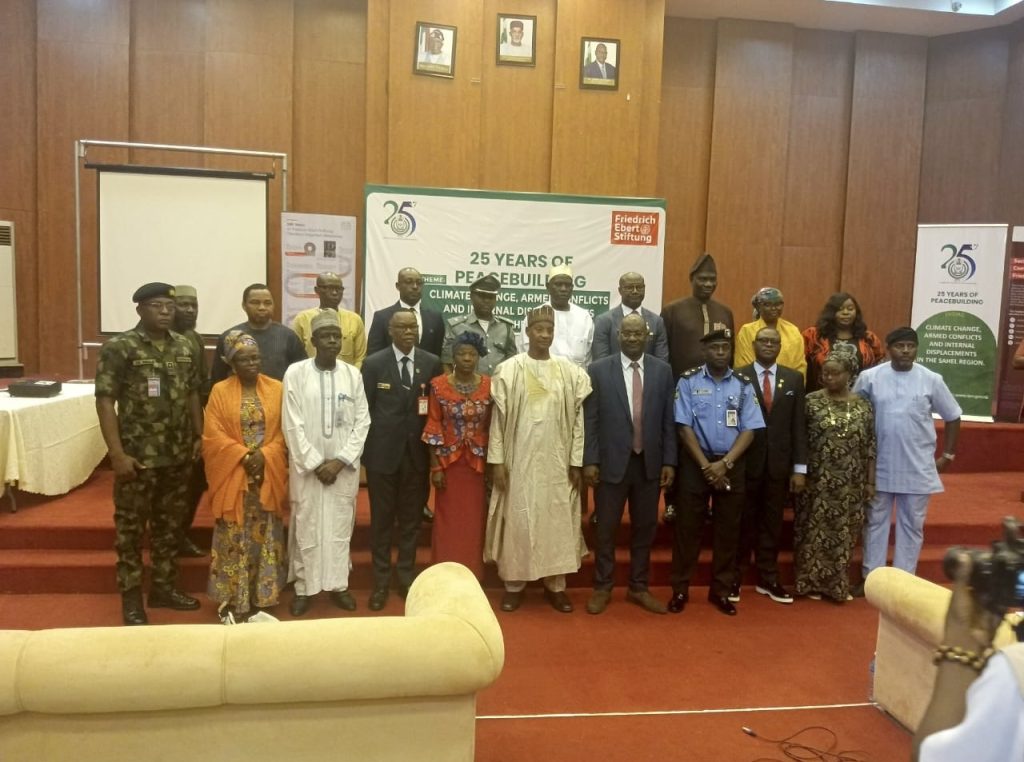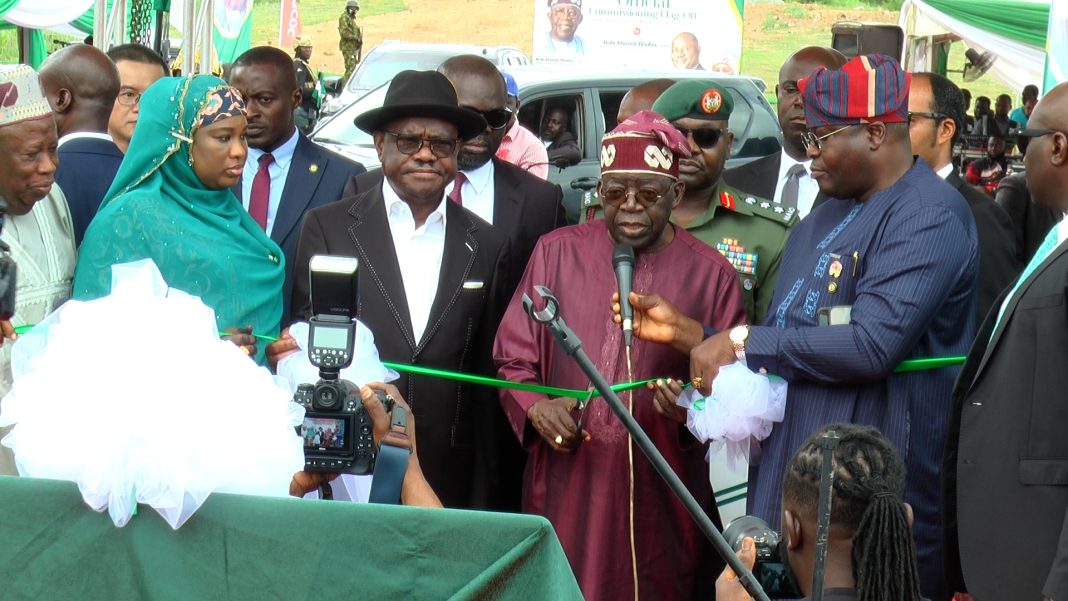Displacement

Abuja, June 18, 2025- The Institute for Peace and Conflict Resolution (IPCR) has called for a comprehensive strategy to tackle climate change and displacement challenges in the Sahel region.
Dr Joseph Ochogwu, the Director-General of IPCR, made the call on Wednesday in Abuja during a seminar on climate change, themed “, Armed Conflicts, and Internal Displacements in the Sahel Region.
According to Ochogwu, the seminar coincided with the institute’s 25th anniversary, marking its dedication to promoting peace and sustainable development in Nigeria and West Africa.
He emphasised the pressing issue of climate change, describing it as a destabilising force that undermines agricultural and pastoral communities.
He noted that rising temperatures and erratic rainfall patterns have heightened competition for resources, leading to inter communal violence and instability.
The seminar also highlighted the tragic realities of internal displacement caused by environmental degradation and violent extremism.
“Millions of Nigerians, particularly in the North-East, North-Central, and North-West regions, have been displaced due to these interlinked crises.
“There is a need for a holistic response that integrates peace building, climate resilience, and social inclusion.
Ochogwu cited urgent challenges, including the shrinking of Lake Chad and ongoing insecurity, advocating for proactive measures that incorporate climate adaptation into conflict prevention strategies.
He noted that this approach aligns with President Bola Ahmed Tinubu’s Renewed Hope Agenda, which prioritises national security, economic growth, and human development.
“These are issues that are directly impacted by the destabilising effects of climate-induced conflicts.
“We also align with the President’s 4D Foreign Policy doctrine of Democracy, Development, Demography, and Diaspora, which guides Nigeria’s international engagements and underscores the interconnectedness of regional peace, environmental sustainability, and human mobility.
“It is my conviction that through collaborative dialogue and evidence-based strategies, we shall reaffirm our shared commitment to building resilient societies across the Sahel that reflects these national priorities and foreign policy imperatives,” he said.
The D-G also highlighted the significance of this seminar in reflecting on the institute’s achievements while renewing its commitment to tackling the complex threats to peace and human security.
“As we mark 25 years of IPCR’s existence, we reaffirm our dedication to building knowledge, capacity, and partnerships that advance peace and security in Nigeria and the Sahel.
He expressed gratitude for the support from Friedrich Ebert Stiftung (FES) Nigeria, highlighting its essential role in promoting dialogue and peacebuilding initiatives.




